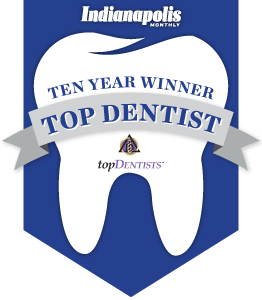You may be surprised to learn that there are more than three million cases of facial trauma admitted each year to hospitals in the United States. Whether you have a major facial injury that requires hospitalization or a minor facial injury, oral and maxillofacial surgeons are specialists in this surgical area. In fact, it is not uncommon for oral and maxillofacial surgeons to be busy members of any emergency room trauma team. If you’ve been referred from an emergency room or just think you might have an injury, call us right away for a consultation.
Oral and maxillofacial surgeons have undergone intensive and unique training during their education that allow them to address a wide range of dental and surgical problems. They are required to complete four or more years of comprehensive surgical training and medical education in addition to their dental school training, which qualifies them as experts in correcting the functionality of the jaw, restoring the aesthetics of facial proportions, and replacing damaged or missing teeth.
Each facial trauma case is unique because there are several different ways that the face and mouth can be affected by trauma situations. Some of the more frequently seen facial trauma injuries include:
- Avulsed (knocked-out) teeth
- Facial lacerations
- Fractured jaws (upper and lower jaw)
- Fractured facial bones (cheek, nose, or eye socket)
- Intraoral lacerations
What Causes Facial Trauma?
Numerous events can contribute to facial trauma injuries, including automobile accidents, work-related injuries, falls, sports injuries, physical assaults, and accidents in the home. The kind of injury incurred will determine the treatment that is necessary to correct the problem. Minor injuries, such as knocked-out teeth or facial laceration, may only require the placement of dental implants or sutures, while serious incidents may involve a more complex approach and require the use of more than one treatment. The most common kinds of facial trauma injury include:
Soft Tissue Injuries of the Maxillofacial Region – Soft tissue injuries, such as lacerations, occur on the face and can be repaired by suturing. Dr. Falender takes care to inspect and treat all soft tissue injuries to ensure the most aesthetically pleasing cosmetic outcome and ensure damage has not been done to other areas of the face, such as the facial nerves, salivary glands, and salivary ducts.
Bone Injuries of the Maxillofacial Region – The treatment of facial bone fractures may vary based on the severity and area of the fracture. In general, they are treated in a manner similar to the fractures in other parts of the body. Treatment for fracture stabilization and healing may include wiring the jaws together or the surgical placement of small plates and screws at the area of injury. Dr. Falender takes great care to ensure that the fewest incisions necessary are made and that the patient’s facial appearance is restored.
Injuries to the Teeth and Surrounding Dental Structures – Isolated injuries to teeth are quite common, and oral surgeons usually are involved in treating fractures in the supporting bone or in replanting teeth that have been displaced or knocked out. These types of injuries are treated by one of a few forms of splinting (stabilizing by wiring or bonding teeth together). Dr. Falender may work with other dental specialists to perform root canal therapy or to repair or rebuild fractured teeth. In the event that injured teeth cannot be saved or repaired, dental implants are often utilized as replacements for missing teeth and can be placed in our office. We encourage you to take the following precautions in the event that your tooth is knocked out:
- If you can, immediately rinse it off, replace the root into the socket, and contact your dentist or Dr. Falender.
- If not, place the tooth in salt water, milk, or a commercially available medium.
- Contact your oral surgeon immediately – the sooner the tooth is re-inserted into the dental socket, the better chance it will survive.
- Never attempt to wipe the tooth off, since remnants of the ligament that hold the tooth in the jaw are attached and are vital to the success of replanting the tooth.
It is important to treat cases of facial trauma promptly to avoid the long-term problems that may arise if left untreated. Failure to treat facial trauma can result in impacted teeth, misalignment of the jaw and bite, resorption of the jaw bone, the development of disorders in the temporomandibular joint of the jaw, and even facial discomfort and disfigurement. If you have suffered a facial injury of any sort, we encourage you to contact our office immediately. Dr. Falender is on staff at the local hospital and on call to deliver emergency room coverage for any facial injuries that may occur. At Indianapolis Oral Surgery & Dental Implant Center, we are compassionate about helping to restore oral and maxillofacial function and aesthetics to every patient who has been in a trauma situation.
To learn more about how we can help improve your smile, please request an appointment now.
SCHEDULE A CONSULTATION
Please contact our office by either filling out the form below or by calling us at 317-900-4535
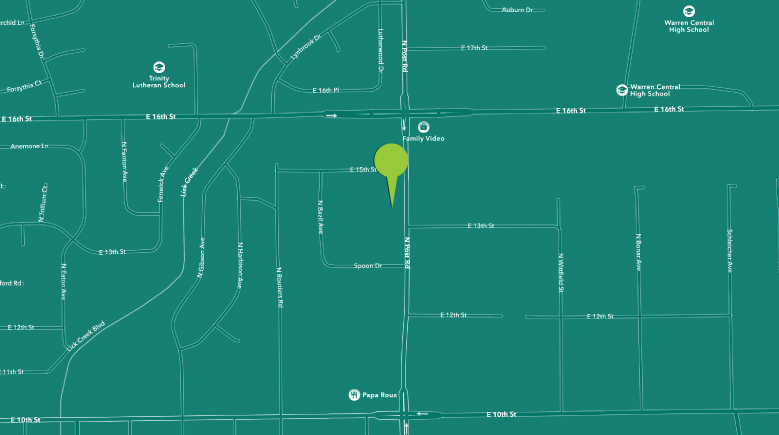
Indianapolis Oral Surgery & Dental Implant Center
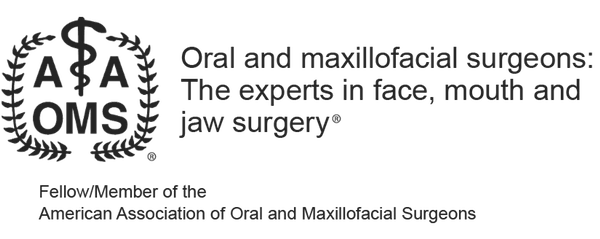

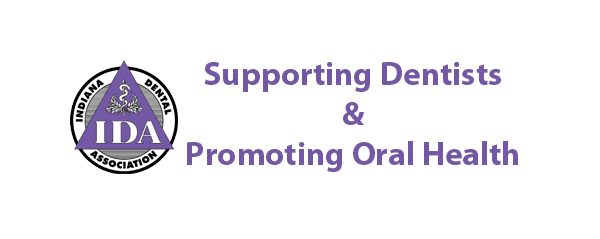

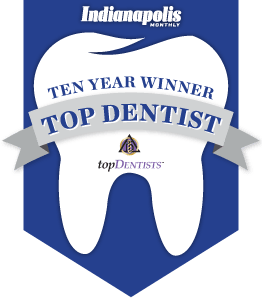

INDIANAPOLIS
Indianapolis Oral Surgery & Dental Implant Center
1320 N. Post Rd
Indianapolis, IN 46219
Main: 317-900-4535
Hours:
Se habla Español
SOCIAL



